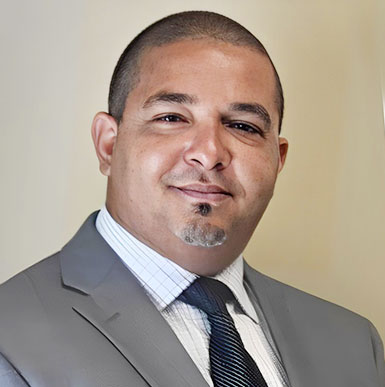Am I Allowed To Protest In Georgia?
The First Amendment allows you to have the right to free speech as well as to protest peacefully (peaceful assembly) and while this is your right; it is important that you understand that the same amendment that allows you the freedom of speech, peacefully protest and address the government with your concerns, also allows law enforcement to maintain reasonable regulations during times of protest.
WHAT IS CONSIDERED A “PEACEFUL ASSEMBLY”?
Under the law, peaceful assembly covers a variety of activities. So what actions does it cover?
- Giving and Making Speeches
- Holding peaceful rallies
- The ability to picket
- Passing out flyers
- Collect signatures for your cause
The activities that are allowed under the First Amendment exempt any language the incites violence, intents to cause harm, or violate any laws. Provocative speech or text that instigates violence or harm is illegal.
WHERE CAN I PEACEFULLY ASSEMBLE?
Peaceful assembly locations depend on the state and are generally regulated through different local government agencies on the local level. In the state of Georgia, you can generally exercise your right to peacefully assemble on sidewalks, in public parks, and other public locations. In some cases, you may be required to obtain a permit, and not doing so would be illegal.
What You Are Not Allowed To Do
The First Amendment does not protect you if your speech incites, instigates or intends threats of violence, violation of laws, harm and injury to others, and physical violence on persons or property.
Crossing The Threshold Into Illegal Activity
While protesting is allowed and you may follow all of the legal guidelines, there may be specific locality guidelines with respect to hours and locations– and even in the most peaceful of protests, if you violate those local ordinances like permits and curfews or a dispersal order, all of which can cross the threshold into illegal activity, that unlawful activity can lead to your arrest.
Have You Or A Loved One Been Charged With A Crime?
Contact our office today to learn how we may be able to help you.
The post Protesting In Georgia appeared first on Cobb Criminal Defense.

